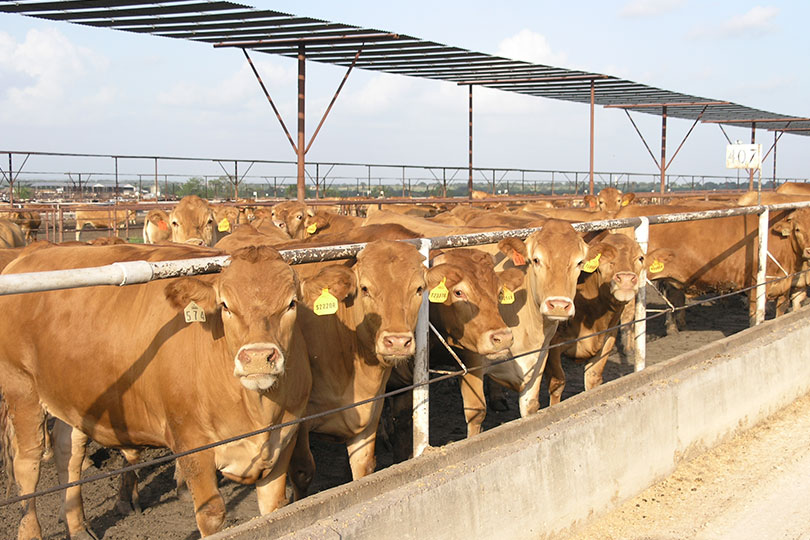By Jennifer Dorsett
Field Editor
Legislation recently introduced in the U.S. Senate would require large U.S. beef processing facilities to purchase a minimum of 50 percent of daily volume on the open or “spot” market.
The bill, which would amend portions of the 1946 Agricultural Marketing Act, would only apply to packers that slaughter over 125,000 head of cattle annually, unless that company only owned one plant. It would exclude pork, poultry, dairy-bred and dairy-cross animals, beef cattle over 30 months of age and animals of foreign origin.
Animals purchased and reported as cash sales would be required to be slaughtered within 14 days.
The legislation was introduced by Sens. Chuck Grassley (R-Iowa) and Jon Tester (D-Montana). Other co-sponsors are Sens. Joni Ernst (R-Iowa), Steve Daines (R-Montana), Mike Rounds (R-South Dakota), Tina Smith (D-Minnesota) and Cindy Hyde-Smith (R-Missouri).
Grassley first introduced similar legislation almost 20 years ago but eventually dropped the issue in 2009, saying he could not garner enough interest from other legislators to see it advance.
While the bill seems to satisfy recent complaints about price manipulation by meat packers, many agricultural organizations say government mandates are usually not the answer.
“This idea is sparked by a desire to create higher cash cattle prices, but mandating minimum cash purchases do not equate to higher cash prices,” Tracy Tomascik, Texas Farm Bureau (TFB) associate director of Commodity and Regulatory Activities, said. “Almost everyone will agree that more cash bids are good for the market, but they’re no guarantee.”
Record high prices in 2014 were achieved with a similar percentage of cattle traded on the spot market, giving evidence that a mandate will not create the desired results, Tomascik noted.
The practice may also unintentionally have a detrimental effect on cattle market prices in some states, including Texas.
“In Texas, more than 90 percent of slaughter cattle sales are made according to formulas or contracts,” Tomascik said. “Those cattle owners would be prevented from using their desired pricing avenue if packers were mandated to push that down to 50 percent.”
The National Cattlemen’s Beef Association (NCBA) announced opposition to the bill, saying in part the organization would like to see the market achieve price discovery and increases in cash trade, but a one-size-fits-all approach doesn’t work for the highly individualized beef cattle industry.
“Depending upon what region you’re in, depends upon how much cash trade you need to have in order to have true price discovery,” NCBA CEO Colin Woodall said in an interview with Brownfield Ag News. “Our concern is a blanket 50 percent across the country might work in some areas, but it wouldn’t necessarily be a true national fit.”
In a response to questions by DTN, the North American Meat Institute (NAMI) said years of research, including a study commissioned by U.S. Department of Agriculture, shows marketing agreements between ranchers and meat processors provide consumers with “affordable, reliable and consistent meat products,” which benefits both ranchers and packers.
“An action by government forcing packers to buy half their cattle on the spot market would distort the market and cause further upheaval to the food supply chain during these unprecedented times,” NAMI said.
The American Farm Bureau Federation (AFBF) supports the Trump administration’s initiative to have USDA investigate potential market-distorting tactics.
AFBF policy, crafted by farmer and rancher delegates at the organization’s Annual Convention, opposes a mandatory minimum for negotiated cattle slaughter because it would restrict producers’ ability to enter into progressive, value-added cattle pricing arrangements and contracts.

